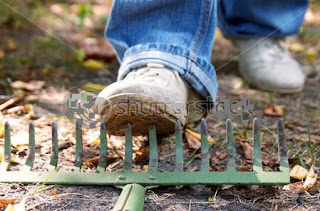Some days you may ask: why am I seldom writing long, in-depth pieces about a particular topic of burning interest? Why instead do I resort to gifs, little videos, wacky things, etc.?
Because I have, literally or figuratively speaking, had it.
I've just had it.
Had it with trying to be A Writer and make Sales. Had it with internet popularity, followers, likes, views. Had it with high school redux and that awkward feeling surging up my neck like a conspicuous red blush.
Had it with competition. Of any kind. Want to just go walk in the woods,and probably will. Don't want to think about the past and all the things that sucked, and all the things that were beautiful, because all of it is over and both are gone forever. Want to dwell in Now exclusively.
Not good at this, but am practicing.
I DO look back at writing three novels after literally decades of effort, and selling nineteen copies and getting the best reviews in the world, or no reviews. So I have quit.
Quit all that effort. I am now Loose. Free. Not to be branded or categorized.
I tell myself pain is part of life, that it's all about letting go, then I think: ah, screw it, I'm NEVER letting go. Holding on is what I have learned to do all my life. Don't tell me to surrender the one thing I'm good at.
So this is why you don't find a lot of in-depth writing from me any more. It was killing me. Don't be a writer, it will kill you unless you win the popularity lottery, and I almost guarantee you you won't. Unless the genetics are just right, or the phase of the moon.







.jpg)





.jpg)

.jpg)






















